I really have Lisey to thank for this; she got several scholarships that helped her get her aviation mechanic school bills paid, and watching her made me realize scholarships are attainable.
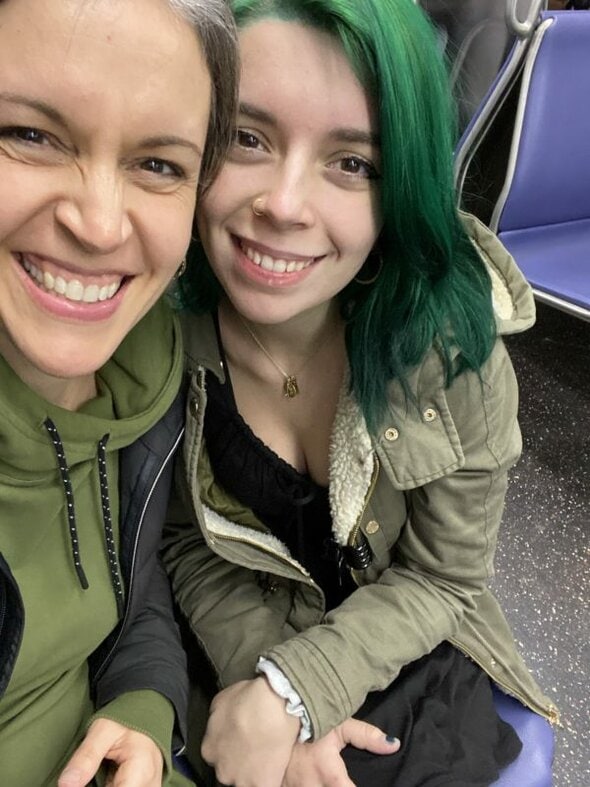
This girl of mine even won a Mike Rowe scholarship! I’m so proud of her.

Ok.
So, when I first went back to school, I didn’t know I was gonna get divorced, and I figured I didn’t need to bother with scholarships; I wanted to leave them for people who needed them more.
But when I got separated, I was like, “Hmm. Perhaps I now fall into the category of people who could really use a scholarship!”
So I filled out my FAFSA, applied for a whole bunch of scholarships, and I got enough to pay for my first two semesters plus $1300 worth of books.
(And I just got another $1000 scholarship this semester. Woohoo!)
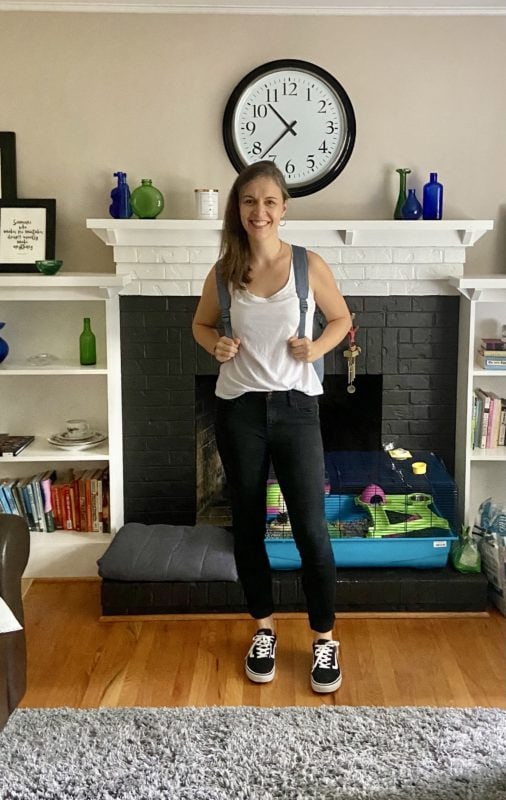
I’ve figured out a few strategies that have helped me so far, so I thought I’d share them here in case any of you are in scholarship mode (for yourself or for your kids!)
1. Look for very specific scholarships
I tried to apply for scholarships that were very niched-down.
For instance, instead of a scholarship for students in the medical field, I looked for something like a scholarship for middle-aged women going to nursing school (using google!)
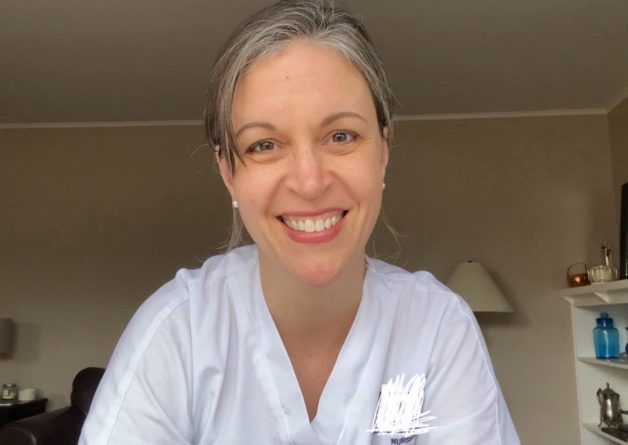
I applied for a scholarship for women in my county, one from my delegate (even smaller than county-wide!), my senator, and so on.
And Lisey obviously applied for scholarships directed at women in aviation!
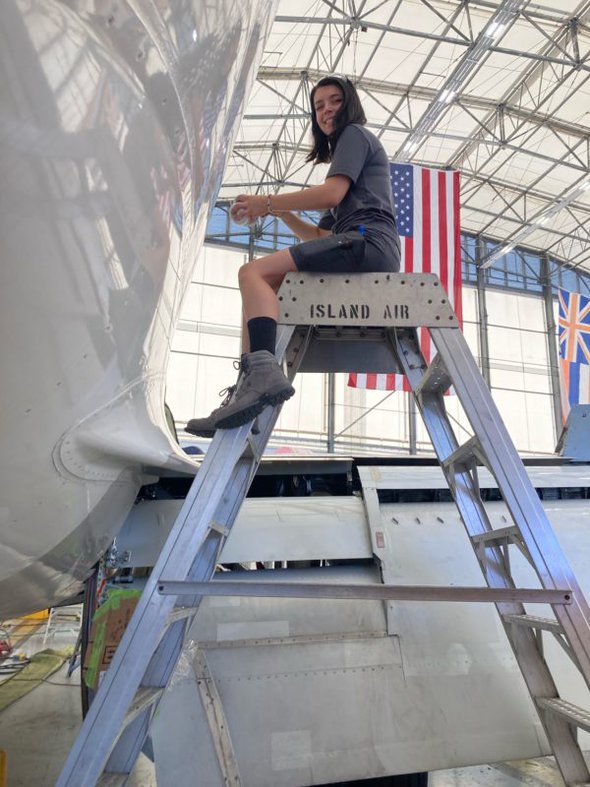
The more niched-down the scholarship, the better your chances.
2. Do the harder scholarships
Sometimes I worked on a scholarship application that asked for things like a resume or three essays and I’d have a brief moment of wanting to close out that tab and quit.
But I figure that if I feel like that, most other people do too. And if I can be one of the few who pushes through the hard process, maybe I will be in a small pool of people who are eligible.
Lots of people will apply for those, “Click one button to submit your application”, but not so many will go through scholarships that require a ton of steps.
(Incidentally: if you are a person who is good at jumping through the hoops to fill out rebate submissions, use those skills for scholarships. It feels the same!)
3. Apply even if you don’t quite meet the criteria/deadline
I applied for a delegate and senator scholarship even though I hadn’t gotten my FAFSA done quite in time for their deadline, and I was awarded both of those scholarships anyway!
I’m super glad I submitted them.
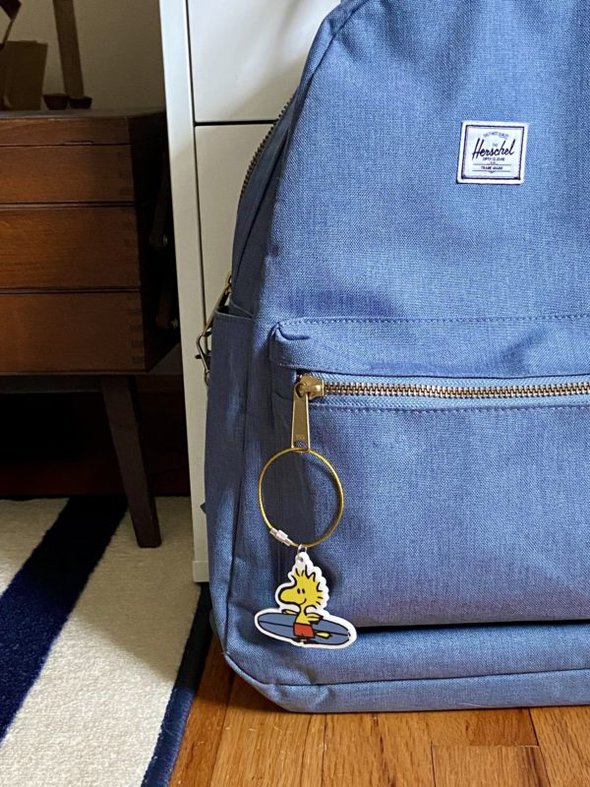
4. Make a folder for scholarships on your computer
I have a folder with essay drafts, my resume, my transcript, my nursing school acceptance letter, and other commonly-asked-for documents and that makes the application process way faster.
5. Tweak and re-use essays
Once I’d applied to several scholarships, I had a couple of good basic essays in my folder, and I was able to take them and tweak them to meet specific requirements.
I mean, most applications ask you variations on the same questions…like, “Why do you want to go into this field?” and “What are some challenges you’ve had to overcome to pursue your degree?”
Once you’ve answered those questions a few times, you usually have a good skeleton to work with. Tweak to match the specific question and to meet the length requirements, and you’re done!
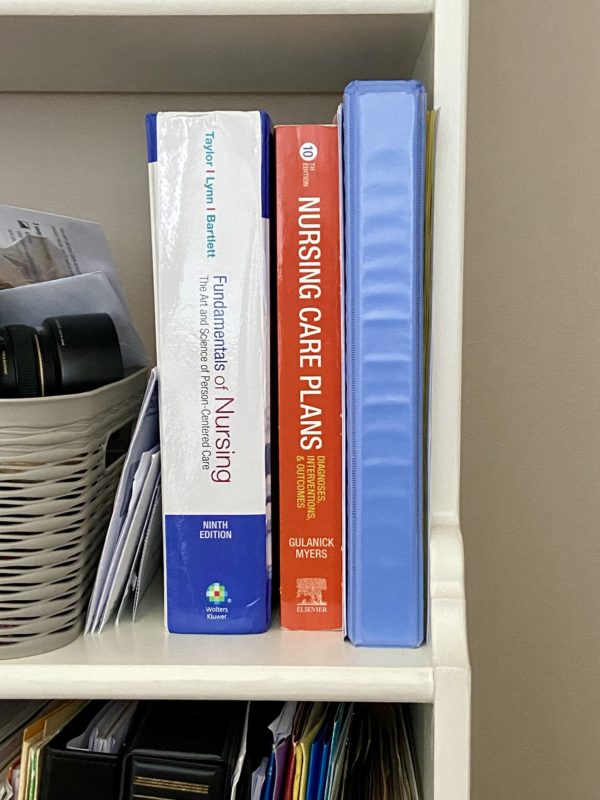
6. Don’t quit after one or two
Once you’ve done 2-3 scholarship applications, you might as well keep on going.
The first few are the ones that take more time and effort but after that, you’ve got your documents in a row, you’ve got essay drafts, and YOU are just faster for having had some practice.
And the more applications you send out, the more likely it is that you’ll be awarded a couple.
Both Lisey and I applied to way more than we won, but I have to imagine that the sheer volume of applications increased our odds of getting money.
6. Don’t overlook smaller scholarships
People tend to be attracted to larger scholarships, but winning multiple small scholarships can net you just as much.
For instance, the delegate scholarship I won pays me just $250/semester, but hey, that’s $1000 over four semesters that I do not have to cover on my own.
7. Fill out the FAFSA
I know it’s kind of a mess this year (so many delays), but filling out the FAFSA is usually necessary in order to be eligible for other scholarships (applications often ask for you to submit part of your FAFSA).
So, if you haven’t done the FAFSA because you think, “I’m never gonna qualify for anything except loans!”, well, go and fill it out anyway. It’s a step along the way to qualifying for a zillion other available scholarships.
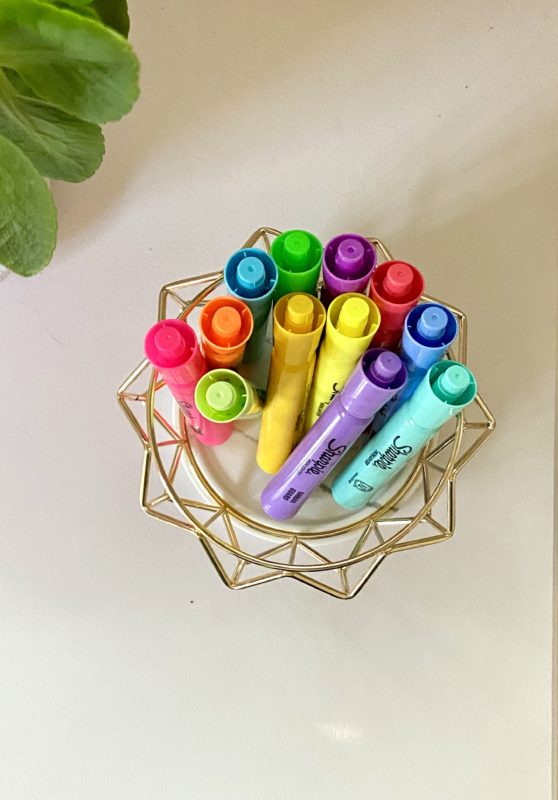
8. Expect rejection
You will not win every scholarship you apply for, and you have to remember this so that you don’t get discouraged. It’s ok; no one gets everything they apply for.
But if you put enough niched-down applications out there, odds are good that some will get awarded to you.
9. Consider the hourly rate for your time
Let’s say you spent six hours applying for scholarships, and you got awarded a $1000 scholarship.
That’s a rate of $166/hour (very nice) and it’s tax-free money.
If you got $2000, your hourly rate is up to $333/hour. Totally worth it. 🙂
_________________
I’m not a world expert on scholarships, so….

Stacie M.
Monday 25th of March 2024
I'm in my mid 30s going to college (I know! scary! but fun!) and although I've been navigating costs with scholarships really well your tips helped me find a few more that I'm applying to. So thank you! I am determined to have no debt but no costs at all would be even better, haha.
Nancy S
Thursday 21st of March 2024
You got so many wonderful comments! One other suggestion is to keep applying. When my daughter graduated from high school, she got a single $250 scholarship. She was so bummed.
At the end of her sophomore year in college, she went on a scholarship interview. Intel was looking for female engineers and she was one of the few in her field. Her grades were very good, but not as spectacular as other female applicants. However, in the course of the interview she proved she had a personality and could think on her feet.
She got a full ride scholarship from Intel for the last two years of college and that included her books.
I've told that story a number of times and as a result, there are others who kept applying and got substantial scholarships several years into their education.
So don't give up.
Nancy
Rachel
Thursday 21st of March 2024
I haven’t applied for a scholarship since 2007 but between 2004-2008 I was awarded around 50k in scholarships outside of my university. How? Well, good grades and filling out the paperwork. The mid size city I grew up in had scholarships at banks that people had set up upon their passing. I went from bank to bank asking about scholarships and that’s how I ended up with all the money. I can’t remember how I found out about it but it was so helpful. My parents paid for my undergrad but I made sure that I filled out that paperwork and saved them a lot of money in the process.
Marianne
Thursday 21st of March 2024
This is excellent advice - and a very encouraging reminder to keep pushing through to get what you want/need. I love your analogy in point "9". Spending time applying for scholarships can really pay off.
Daisy
Wednesday 20th of March 2024
It's a lot like grant writing. I'm a retired teacher, and I wrote many, many grant applications!!
Kristen
Thursday 21st of March 2024
Yes! So similar!